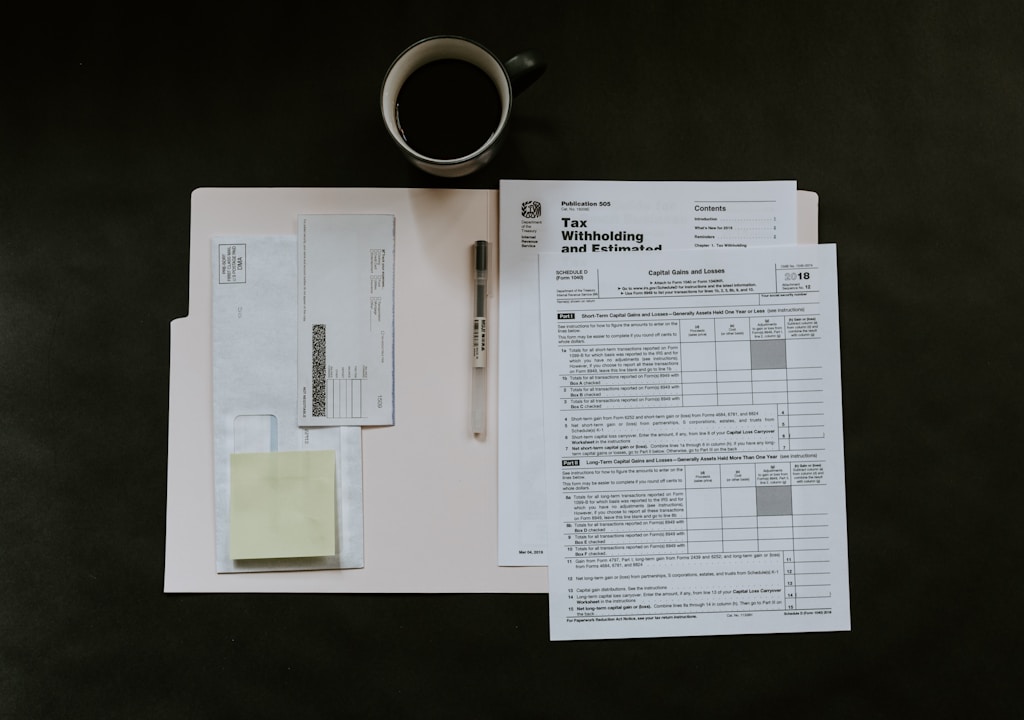
While April showers do indeed bring May flowers, they also bring panic and stress as last-minute Annies such as myself anxiously rake through stacks of papers and digital files to get all necessary documents sorted and filed on time. And while the IRS has graciously extended the tax filing deadline until May 15th of this year, doing so has only extended my procrastination and anxiety about gathering all of my documents in a timely manner.
If you’re anything like me and are struggling to make sense of what to expect this year in terms of your taxes in the wake of Covid, then relax. You’ve come to the right place, my friend. In today’s edition of FAT Tuesdays, we’re talking all things taxes to help relieve the stress of tax time and help you make the most of any and all tax advantages you may have this year.
Covid-Related Tax Advantages
The stimulus package passed in March of this year has many helpful tax breaks for individuals and businesses. Financial Planner, Damon Ridley of Ridley Wealth, advises that tax filers speak with their CPA about several tax advantages that they may be eligible for this year, including elimination of the 10% penalty for early withdrawals from a 401(k) or IRA. What’s more, the bill also allows repayment of taxes on funds withdrawn from a 401(k) or IRA to be spread out over a three-year period, giving taxpayers the opportunity to spread their tax burden over a number of years instead of having to repay the taxes all at once.
Ridley also suggests that filers speak with their CPA about any potential tax credits they might qualify for due to falling ill from Covid. Ridley states that there are credits available for both individuals and businesses if they or their employees fell ill from Covid. This credit is particularly valuable to self-employed individuals who either could not work because they were sick from Covid or because they were caring for a loved one with Covid.

Unemployment Taxes
The latest stimulus package waives taxes on up to $10,200 of unemployment benefits received in 2020. This comes as a welcome relief for those who lost their jobs due to Covid.
Family or Friends Owe You Money? There’s a Deduction for That!
While this one is not Covid-related, I thought it was too good of a deduction to not include as you’re working on your taxes. There is an actual deduction available if you lend money to friends or family, and they cannot pay you back. Known as “non-business bad debt”, there are a few parameters that must be met before you can claim the deduction.
First, the money lent must have been a loan. The person must be unable to pay for a valid reason such as unemployment or financial hardship. Thirdly, the income must have been reported on a prior tax return. And finally, you must show that you took steps to collect the debt.
Making Tax Time More Palatable and Stress-Free
Taxes, like death, are an unavoidable part of life. But they don’t have to be so stressful. Per Ridley, the stress of tax time comes from uncertainty or lack of information. “The best way to handle tax anxiety is to prepare and plan prior to completing your taxes. If your taxable income is all W-2, you can work with your CPA to project what your income and taxes will look like for the following year. Your CPA may suggest increasing your pre-tax deductions such as 401k contributions, HAS healthcare deductible account, and dependent care. Individuals who receive 1099 self-employment will have to work with their CPA throughout the year to manage payment of taxes, deduction of expenses, and tax deductible investments.”
Happy Filing!
